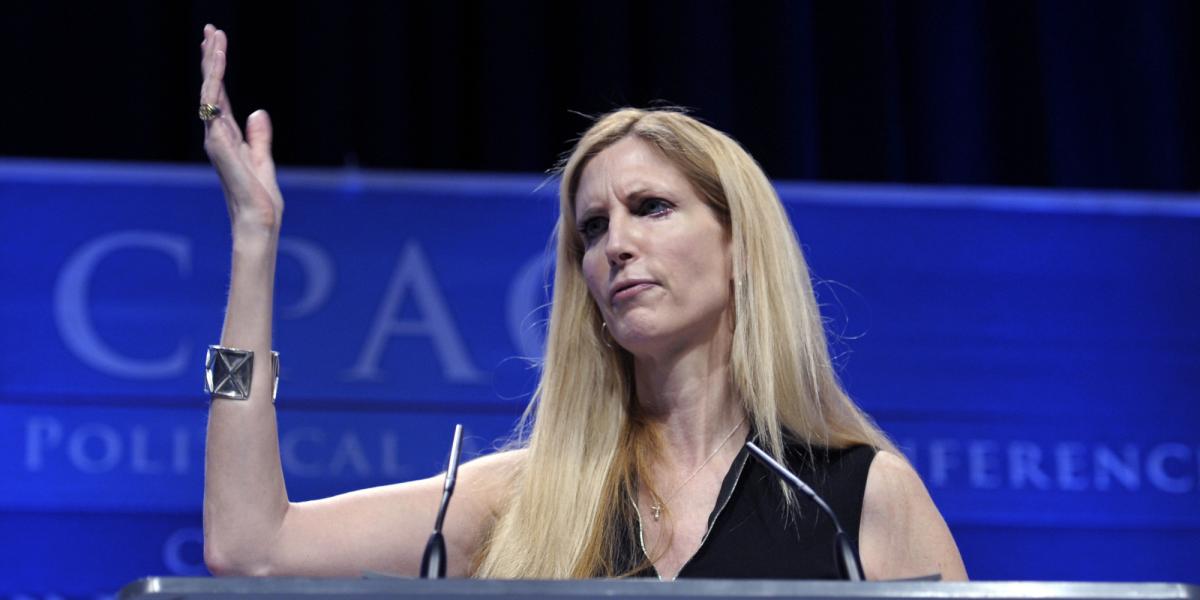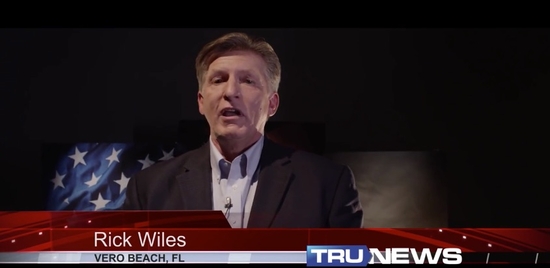(Note: This post contains mild spoilers for “Stranger Things” seasons one and two)
Stefan Molyneux, the far-right host of the “Free Domain Radio” podcast and its corresponding channel on YouTube, told listeners that he believed the mega-hit Netflix show “Stranger Things” is actually a veiled allegory about mass migration.
In a spoiler-laced video uploaded last week, Molyneux revealed that he believes Stranger Things, a sci-fi thriller about a small town’s efforts to combat otherworldly monsters after a government experiment goes haywire, is secretly a right-wing commentary about mass migration in Western nations. Molyneux’s theory ignores the cast’s call to arms against President Trump’s anti-Muslim immigration restrictions during the Screen Actors Guild awards earlier this year.
But despite this, Molyneux argued that the plot of “Stranger Things” is “an allegory for mass immigration” and even compared one of the show’s main characters to anti-immigrant provocateur Ann Coulter.
“It is far more expensive to set a show in the past, so why was the 1980s chosen?” Molyneux asked. “First of all, in order to have shadowy monsters and missing people you cannot have a population armed with cell phones. However, I would also argue that since the entire story is an allegory for mass immigration, the setting of the 1980s is not accidental.”
Molyneux went on to tell viewers that multiculturalism is only functional if “tribes” don’t use “identity politics to rob each other” and if the “more irrational axes of tribal cultures are sanded down.” Molyneux claimed that “neither of those conditions are present in the modern West” and “Stranger Things” demonstrates that theory.
“In ‘Stranger Things,’ a government program opens up a portal to another dimension called ‘the upside down.’ The actual government program called MK Ultra peaked in the 1960s, which is also the decade that saw the initial opening of Western countries to endless waves of third-world immigration,” Molyneux said.
In “Stranger Things,” main characters are told by the town’s authority figures to believe their suspicions of other-world monsters are somehow irrational, which Molyneux likened to Western governments telling citizens that their fears that immigrants pose a direct threat to them is unfounded or racist. In this way, Molyneux claimed “Stranger Things” depicted “basic Marxists social justice warrior indoctrination, which denies free will for the sake of economic or tribal determinism.”
Molyneux claimed that the other-world creatures come to the small town in the TV show “just as illegals and immigrants come to America these days mostly for its taxpayer-funded resources rather than its freedoms” and compared the fictional dark creatures to “immigrant rape gangs.”
“The aliens can walk through walls. There is no border. And they build tunnels. In the tunnels there are bodies and diseases,” Molyneux said. “This is the death count of aliens crossing borders and the fact that they bring diseases with them.”
The plot of “Stranger Things” is focused on the children characters, Molyneux said, because “changing demographics affect children far more than adults.” Molyneux claimed that older people in “Stranger Things” discounting the other-world creatures represents how older people in the U.S. are ignoring “demographic replacement.”
The character Eleven in “Stranger Things,” an escaped government experiment subject who possess psychic powers and is capable of accessing the world where the monsters came from, represents the “alternative media,” according to Molyneux’s analysis, because “most intellectuals are in a very real way kidnapped by the state and its allies” and Eleven operates independently.
“I’m not saying that Eleven is Ann Coulter, but I’m not saying she isn’t either,” Molyneux said.








